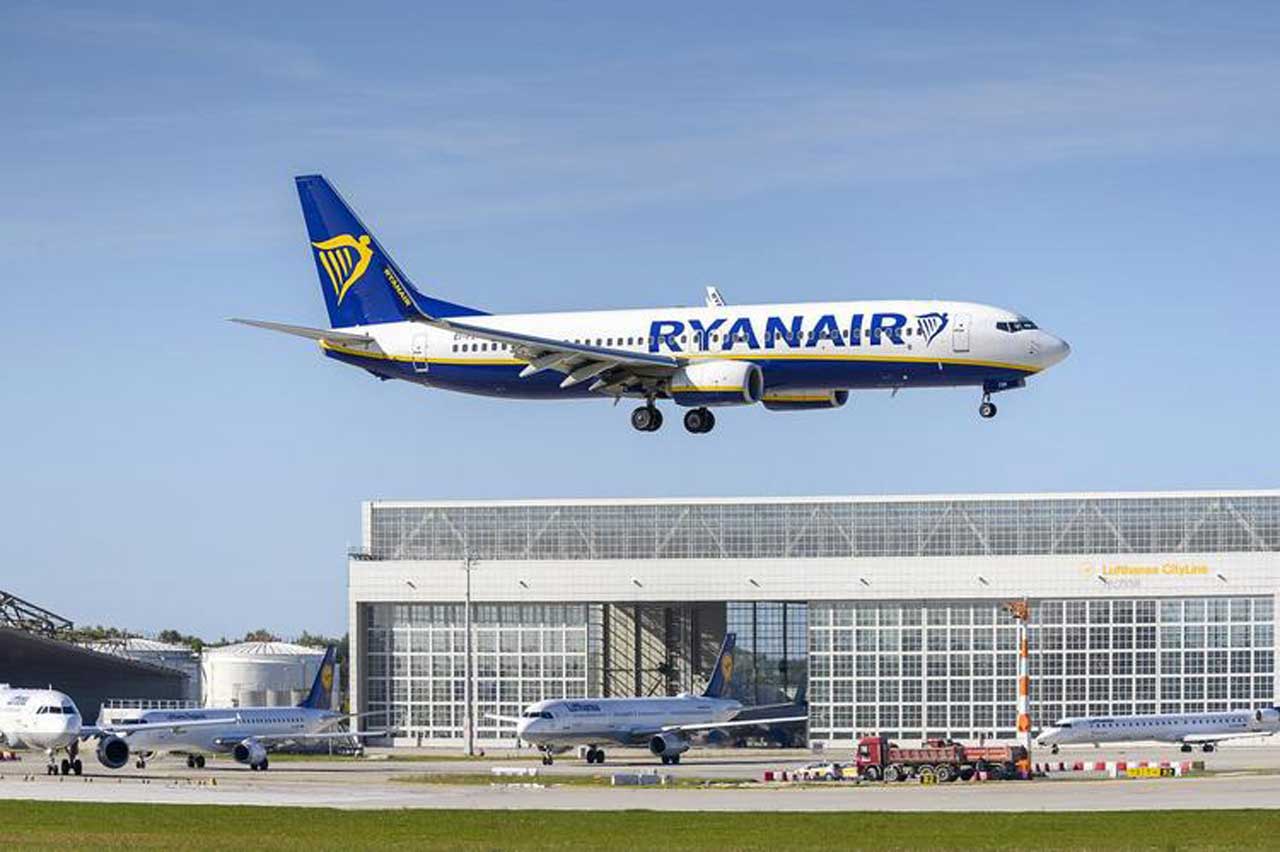The Greek government has failed to provide any long-term incentives for airlines to invest in Athens airport during the low season and develop tourism in the same way that Spain, Italy, Portugal and Cyprus have done, the airline said.
Ryanair confirmed the day before that it will close its base in Athens for the winter season on October 29, which will result in the loss of more than $200 million of investments in the Athens airport. Like other Greek airports owned by the German monopoly Fraport, the capital’s air harbor has not offered any tools to stimulate traffic during the low winter season. “Moreover, no one showed real interest in the growth of tourism in the summer, at the peak, when the Athens airport could be used for connections and further communication with numerous islands. Athens should be a thriving year-round destination,” the airline said in a statement.
“The Greek government has offered nothing to the airlines. At a time when other governments and airports are cutting fees and implementing tourism recovery schemes, the Greek authorities continue to apply a stifling “airport development” tax of 12 euros per passenger, which makes the conditions here uncompetitive.”
Ryanair has submitted several proposals to the Greek government to increase passenger traffic, according to which the airline has guaranteed:
– double the volume of tourists from 5 to 10 million people over the next 5 years;
– reduce the seasonality factor due to 2.5 million passengers in the winter months;
– to increase income from tourism to 1 billion euros per year;
– create 4,000 new jobs;
– provide much-needed development of under-popular islands and regions.
However, the authorities, for inexplicable reasons, did not even respond to Ryanair’s proposals that could completely change Greek tourism over the next 5 years.
“Unfortunately for the citizens of Greece, the decision to sell the majority of Greek airports to German operators has had a devastating effect on job creation, as these foreign companies have a stranglehold on the Greek economy, limiting the flow of tourists and business ties, and are not interested in lowering prices to stimulate traffic.”
“Ryanair is the only airline showing significant growth in Europe while others are cutting capacity, jobs and fleets. With more than 150 new aircraft on the wing over the next 4 years, Ryanair will be able to provide the rapid growth in passenger traffic, connectivity and accessibility needed to develop the Greek tourism market.”
Ryanair CEO Eddie Wilson said: “We are disappointed to announce the closure of our base in Athens at the end of October for the entire winter season, but the Greek government, inexplicably, has not responded to Ryanair’s ambitious plans, has not been willing to reduce airport charges and support airlines to help with traffic recovery after COVID-19, as Croatia, Ireland, Portugal and others have already done.”
Such actions by the authorities have already led to the closure of Ryanair’s base in Rhodes this summer, and now effectively forced the carrier to close Athens and reallocate its capacity to cheaper competing destinations such as Italy, Spain, Cyprus and Portugal.
“Greece’s airport charging structure is inefficient as it rewards German operators who control a vital part of Greece’s national infrastructure at the expense of economic growth in tourism. We call on Minister Kikilias to finally give a written response to Ryanair’s development proposals that will transform Greek tourism and create thousands of jobs in Greece during the winter.”

